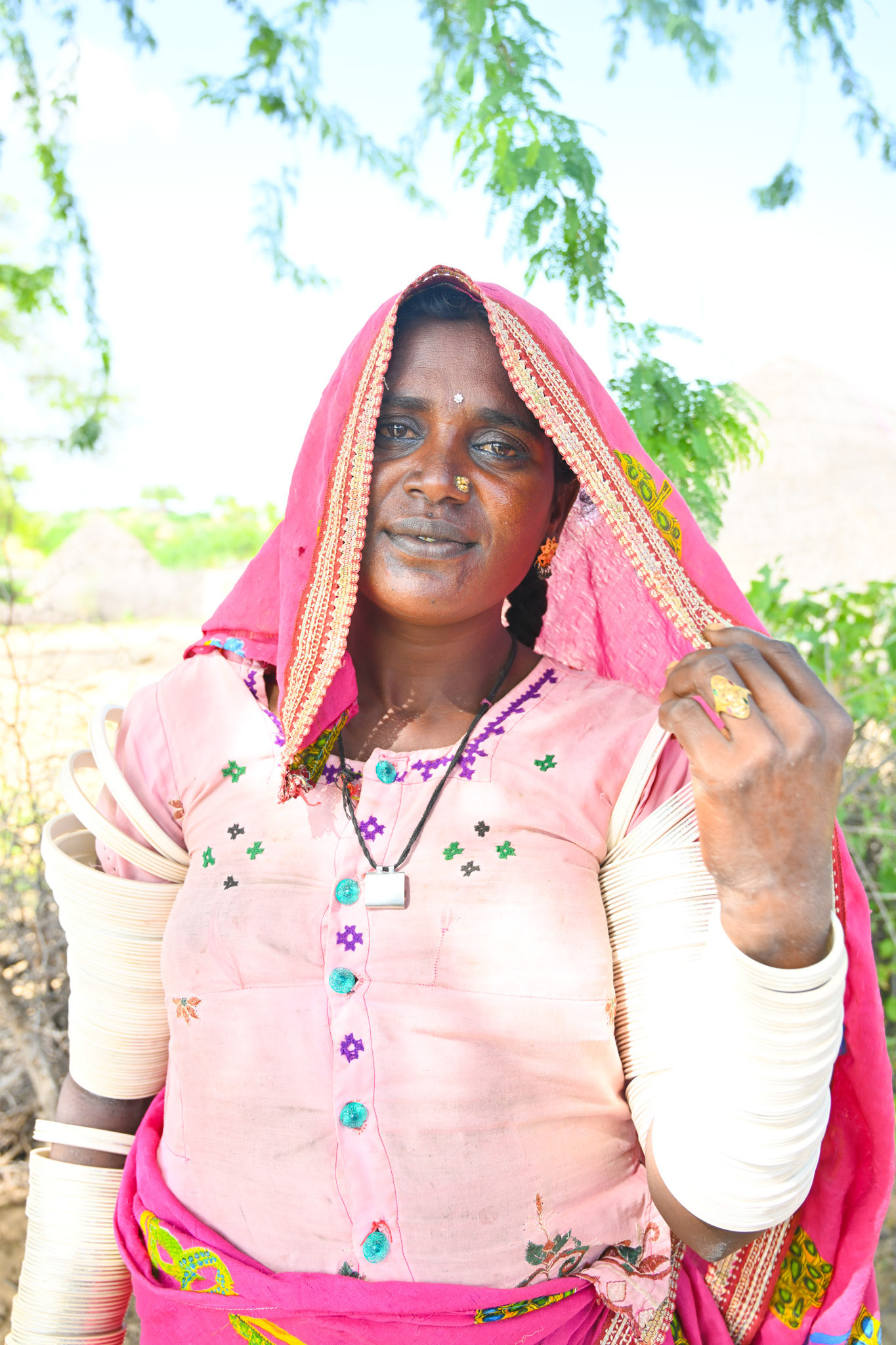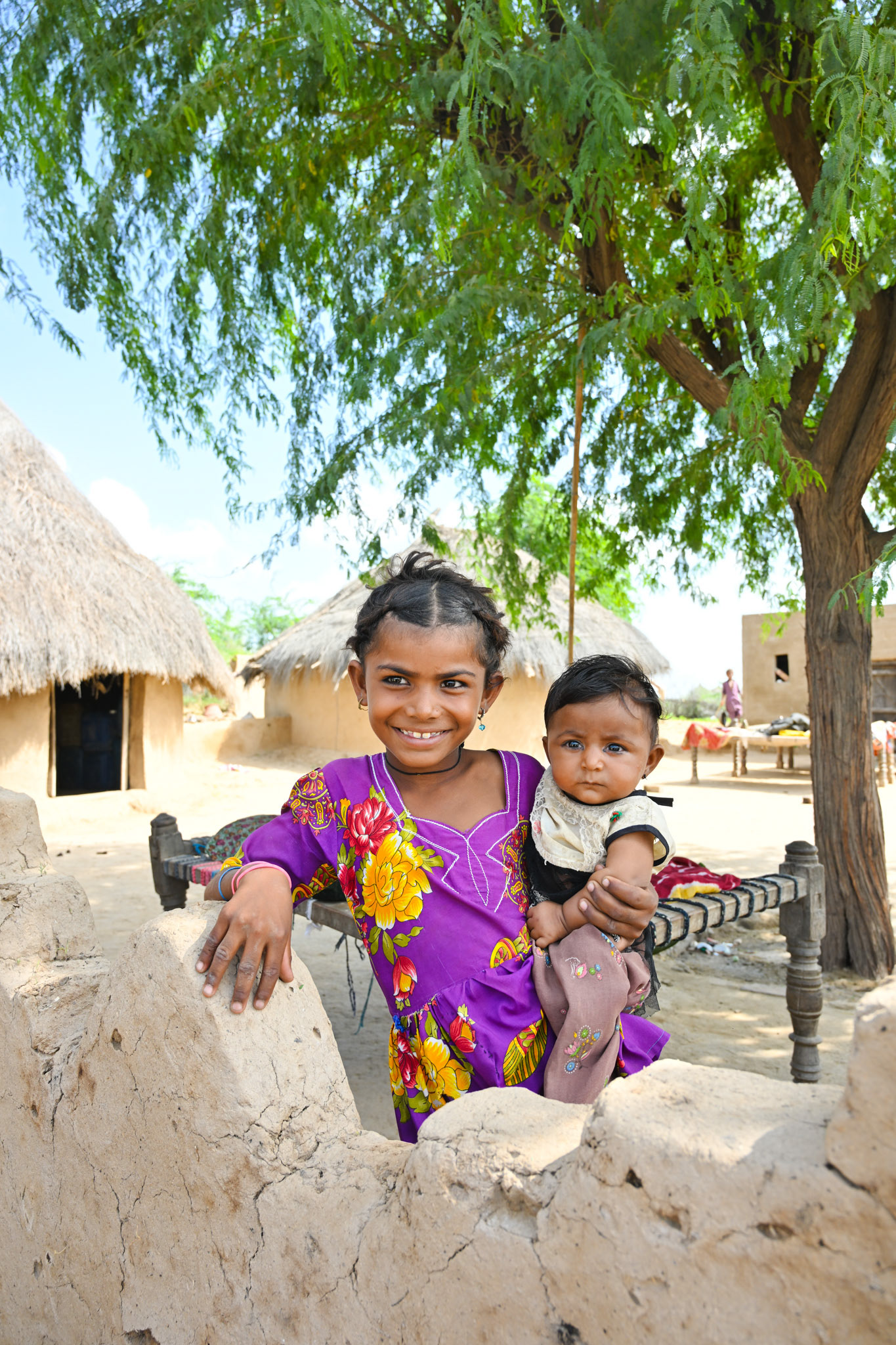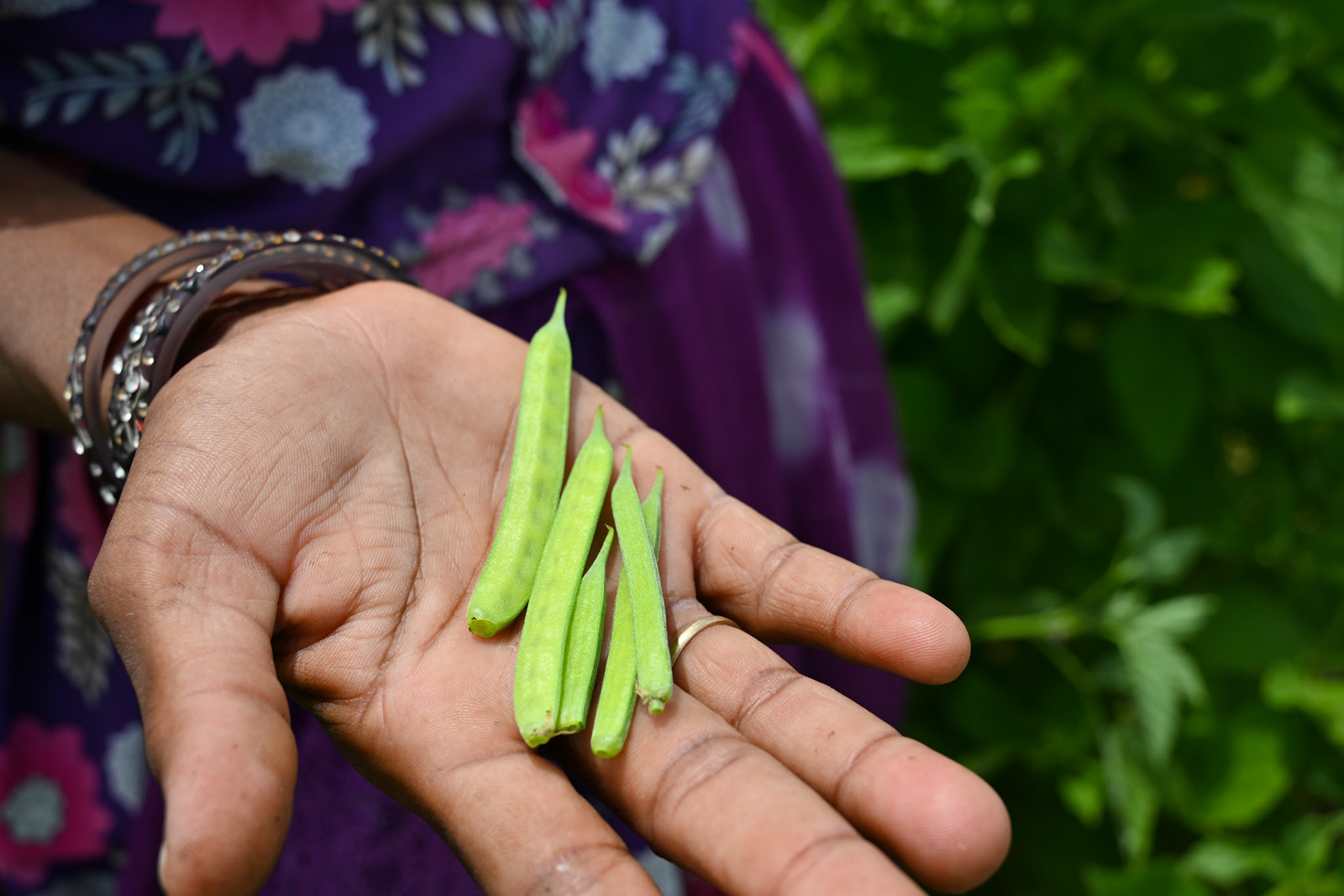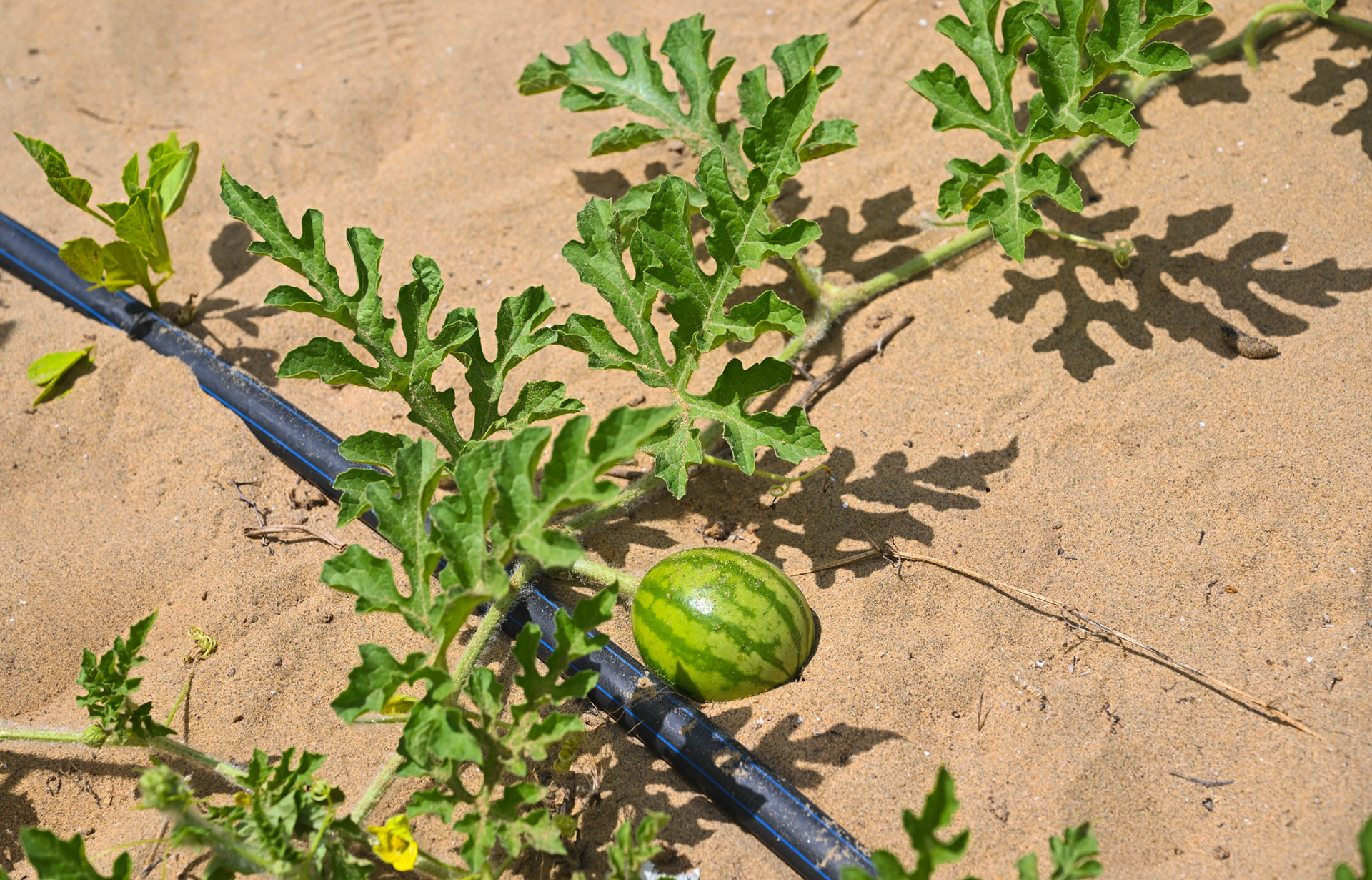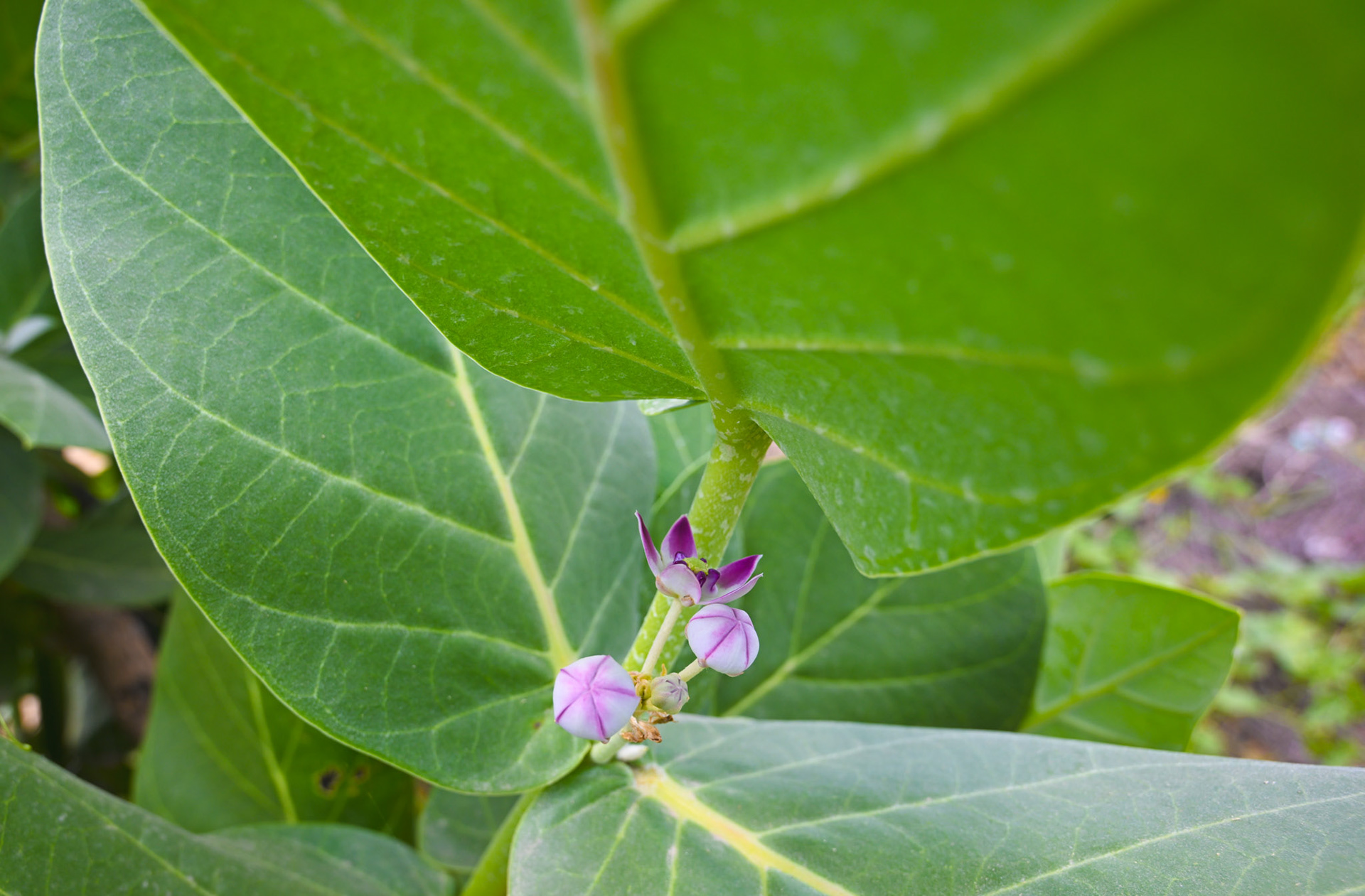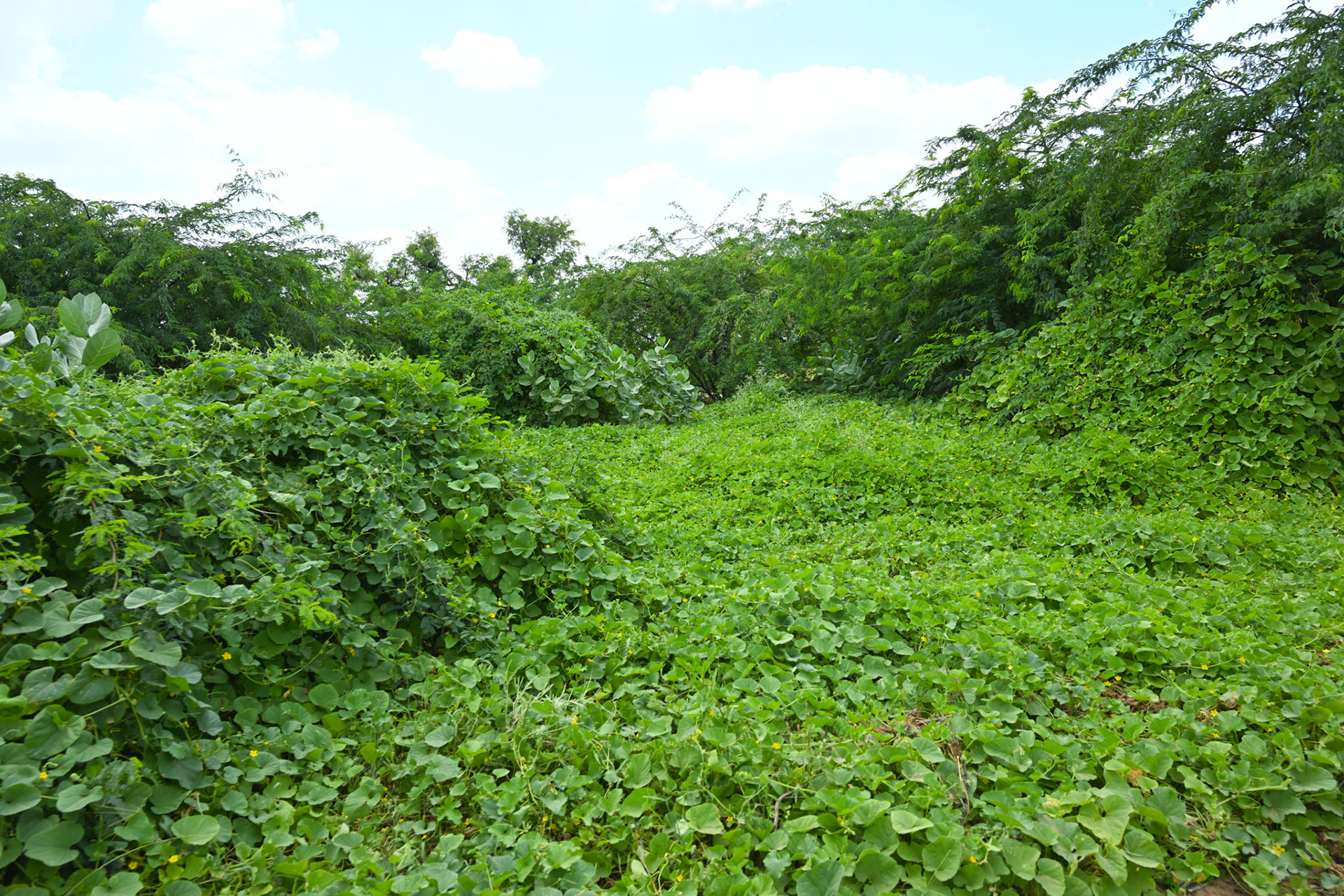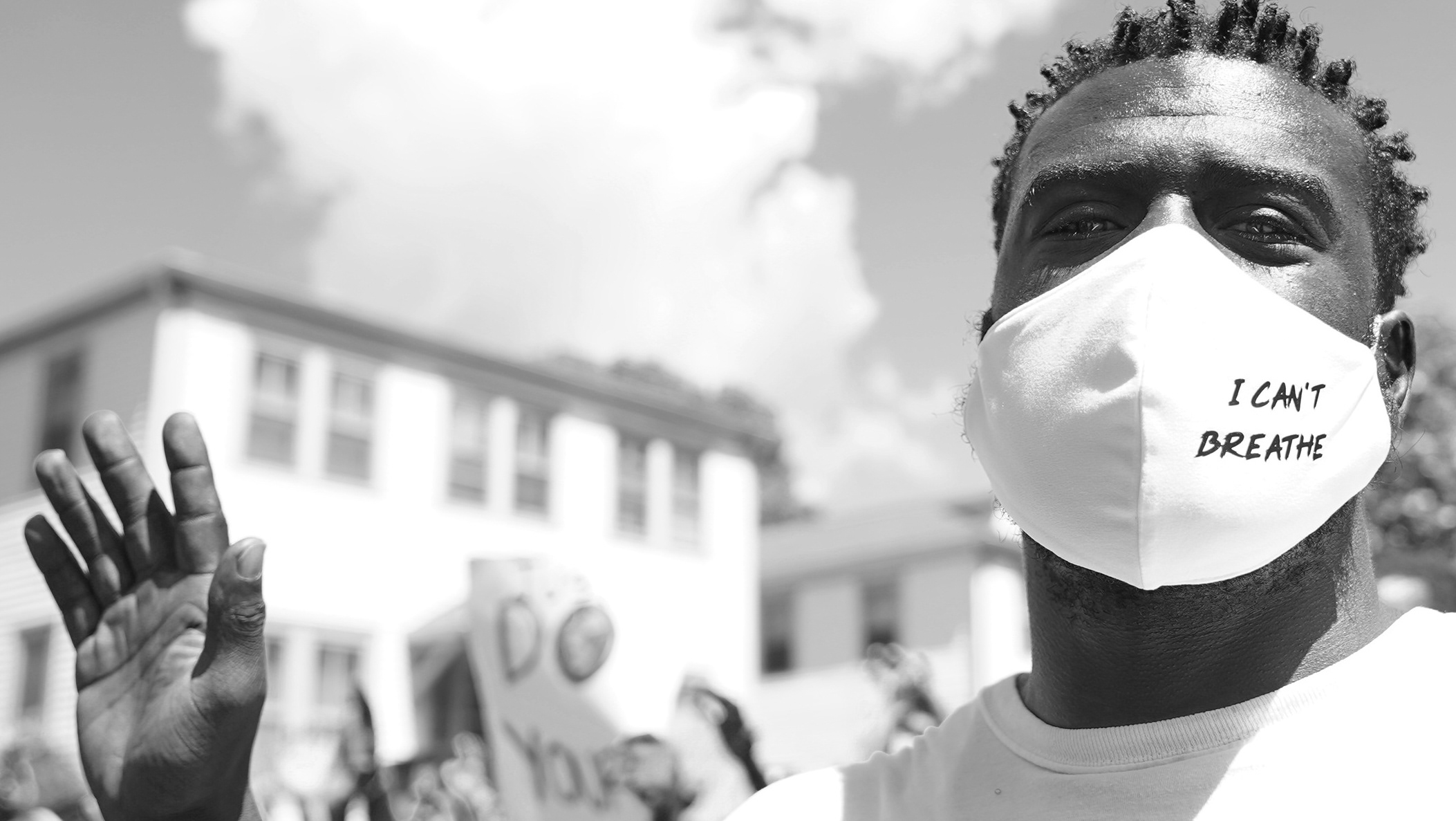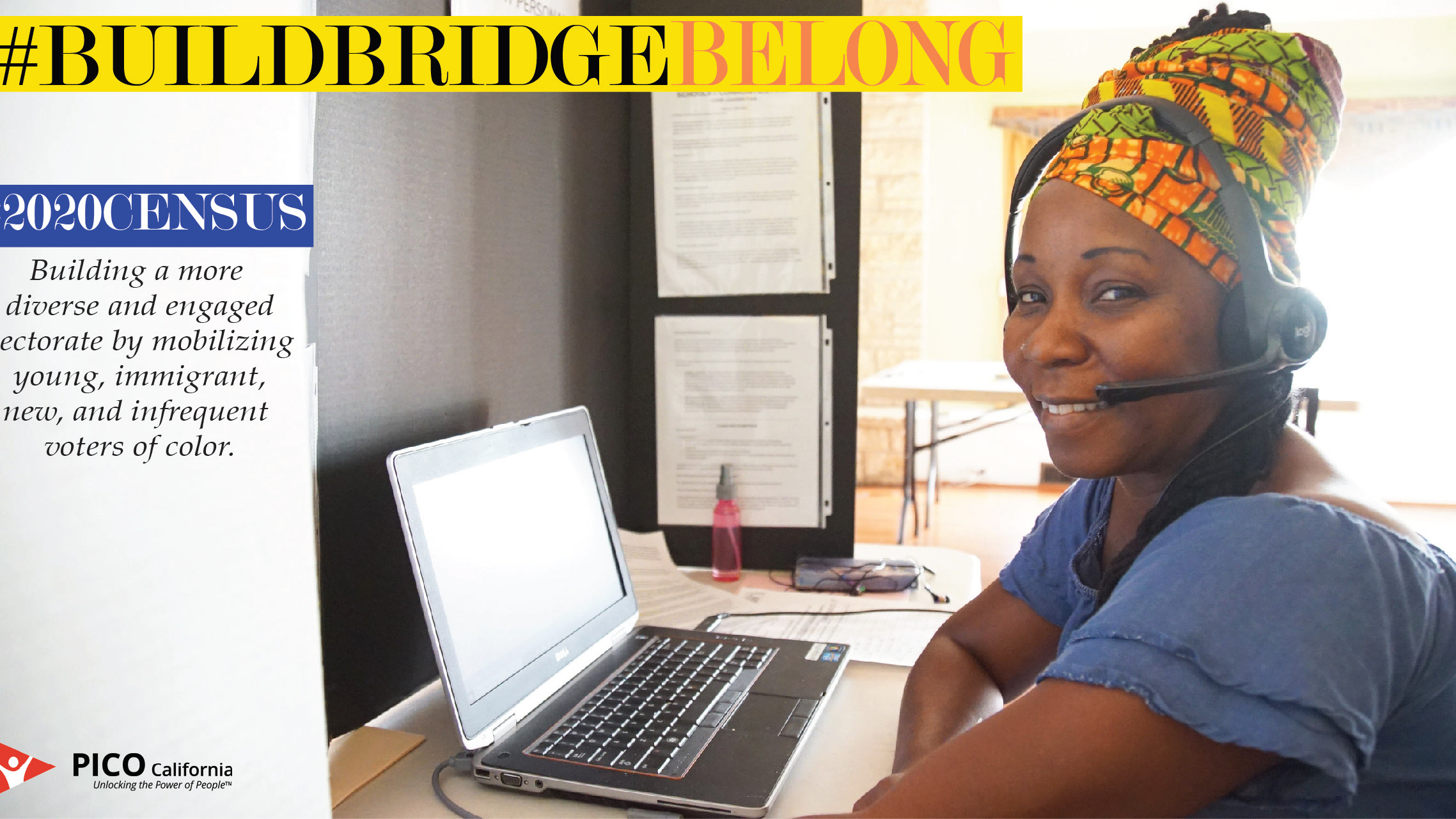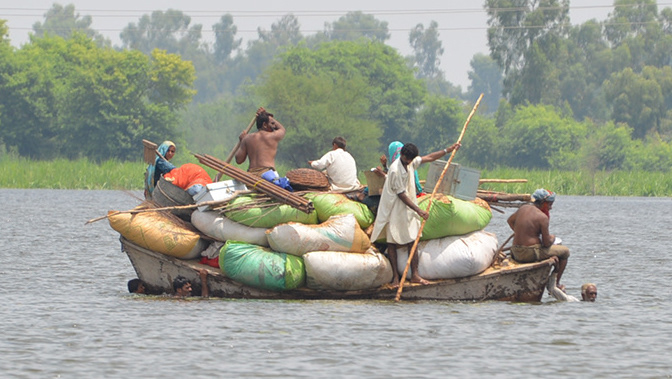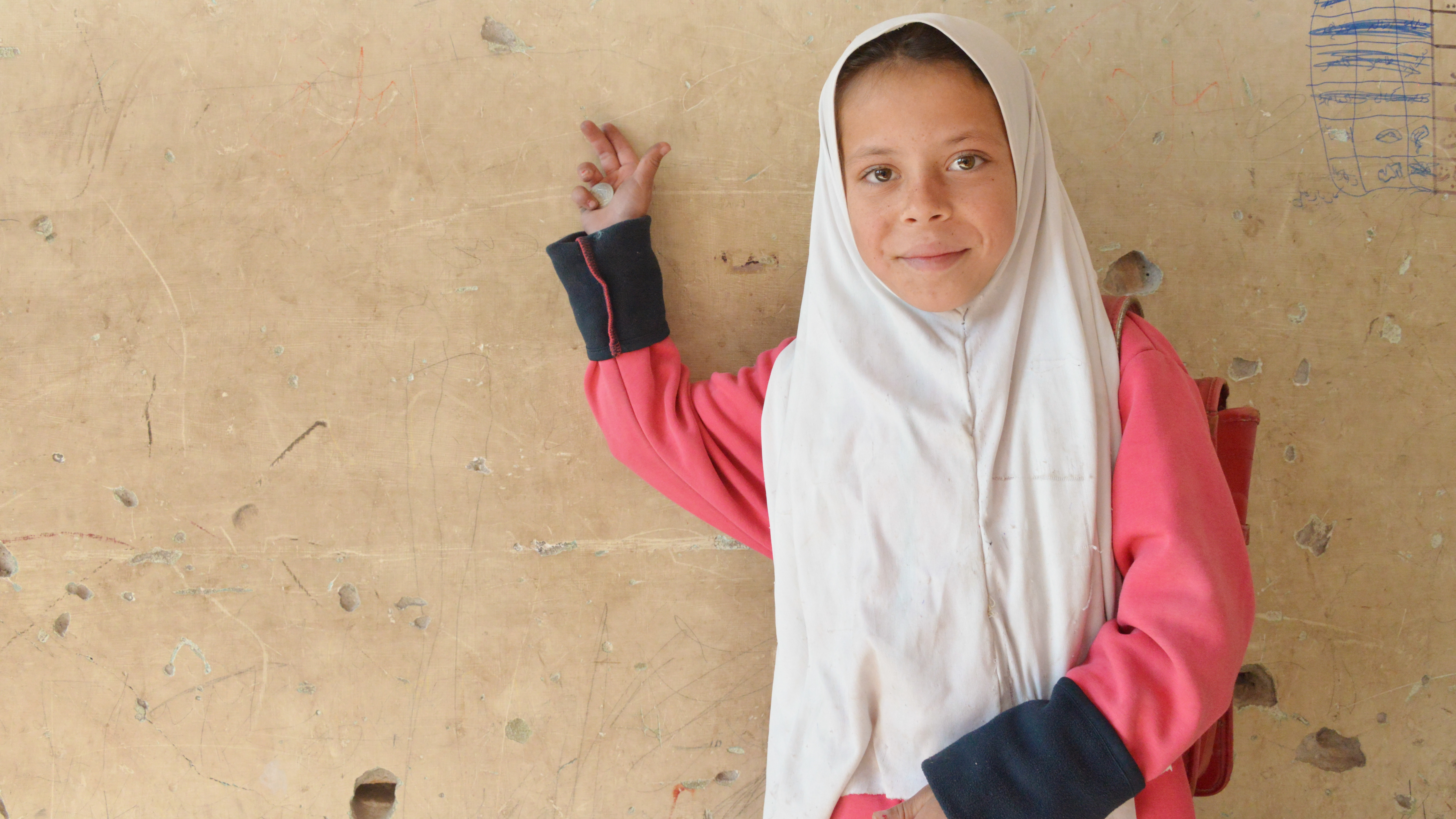The Humanitarian Assistance, Early Recovery, and Development (HERD) project, funded by Presbyterian World Service & Development (PWS&D) and the Canadian Foodgrains Bank (CFGB), is being implemented by Community World Service Asia (CWSA) with support from its partners in the Umerkot district of Sindh province, Pakistan. Umerkot has been severely affected by climate change, experiencing both frequent droughts and flooding. In addition, the community has faced challenges from the COVID-19 pandemic, further agricultural difficulties (such as increased pests and soil salinity), and the loss of livestock due to drought and disease.
The project provides in-kind food assistance for six months to 1,125 households. It also offers agricultural inputs, livestock, training on climate-smart agriculture and livestock rearing, kitchen garden establishment, and support for alternative livelihoods, including training for women artisans and improved access to markets. In total, the project aims to reach over 23,000 people.
As a photography consultant, my role was to capture the interventions conducted under the project, the conditions of community members, and the impact of the project in this specific area of Sindh, Pakistan. I collected photographs and videos to visually depict the work and the situation for our targeted stakeholders and campaigns. These photographs are used in reports, updates, case studies, websites, and advocacy. The nature of this work required travel to remote areas under harsh conditions and close collaboration with the program team of the Humanitarian Assistance, Early Recovery, and Development (HERD) project, as well as with the donors.
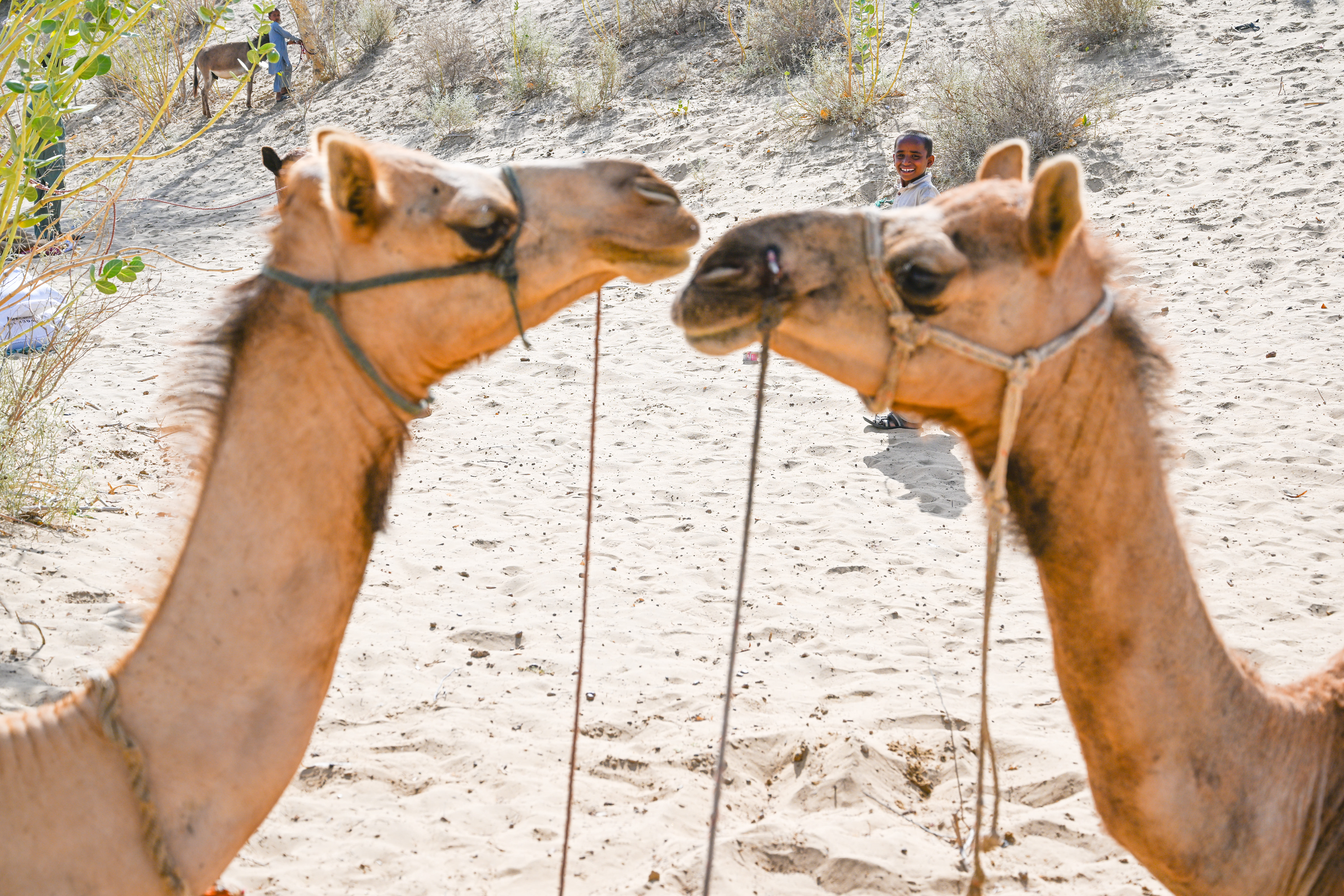
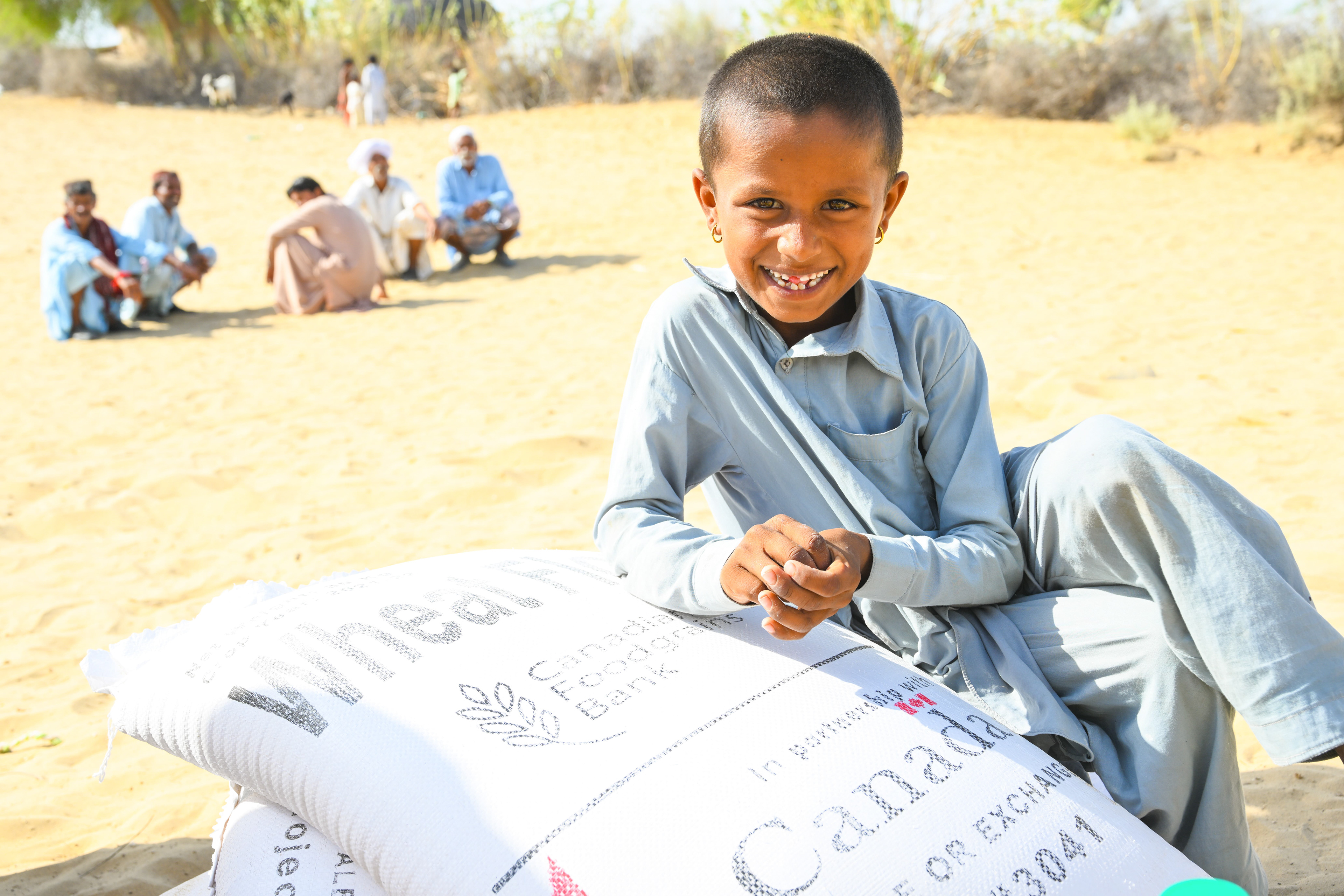
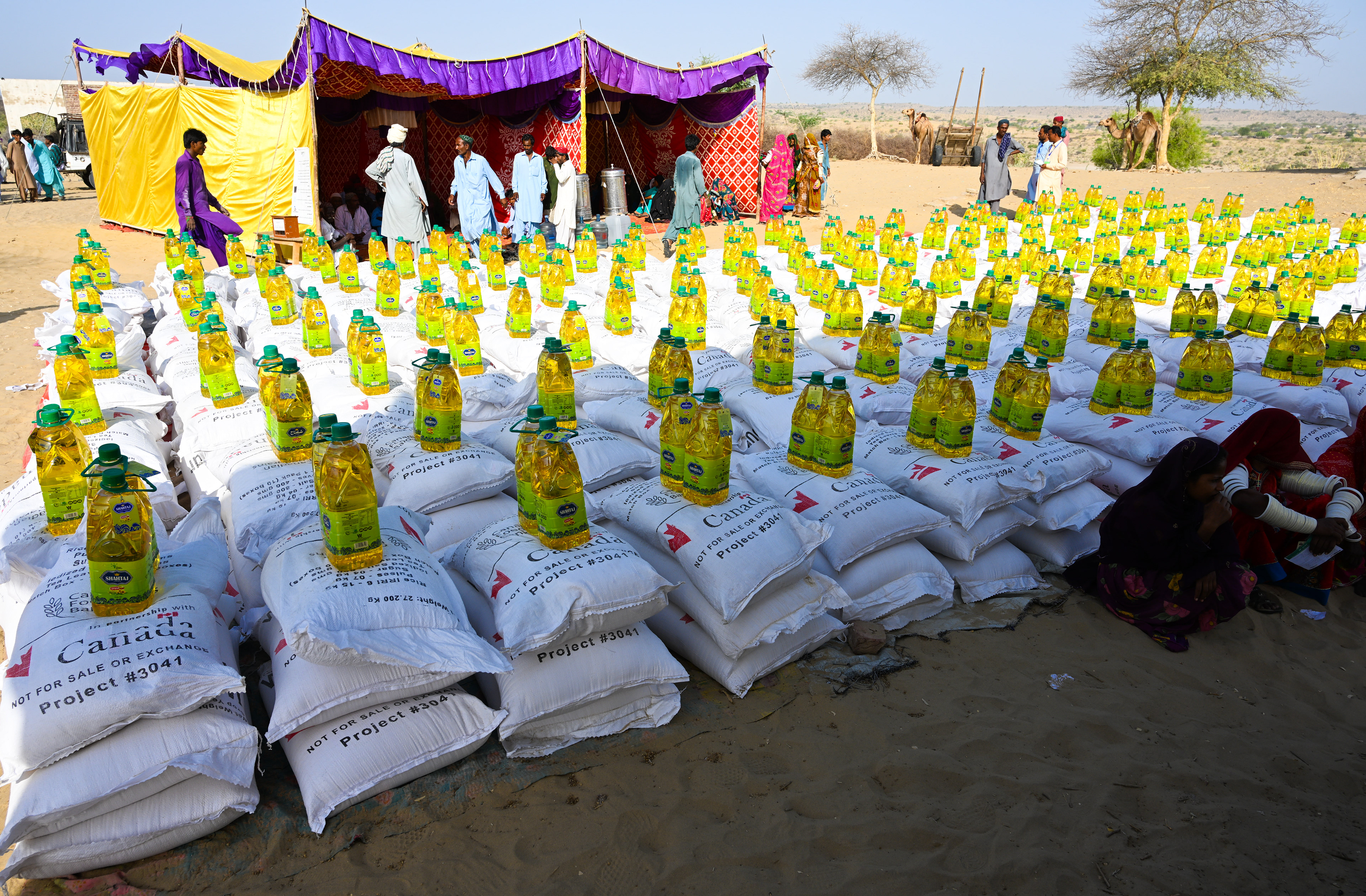
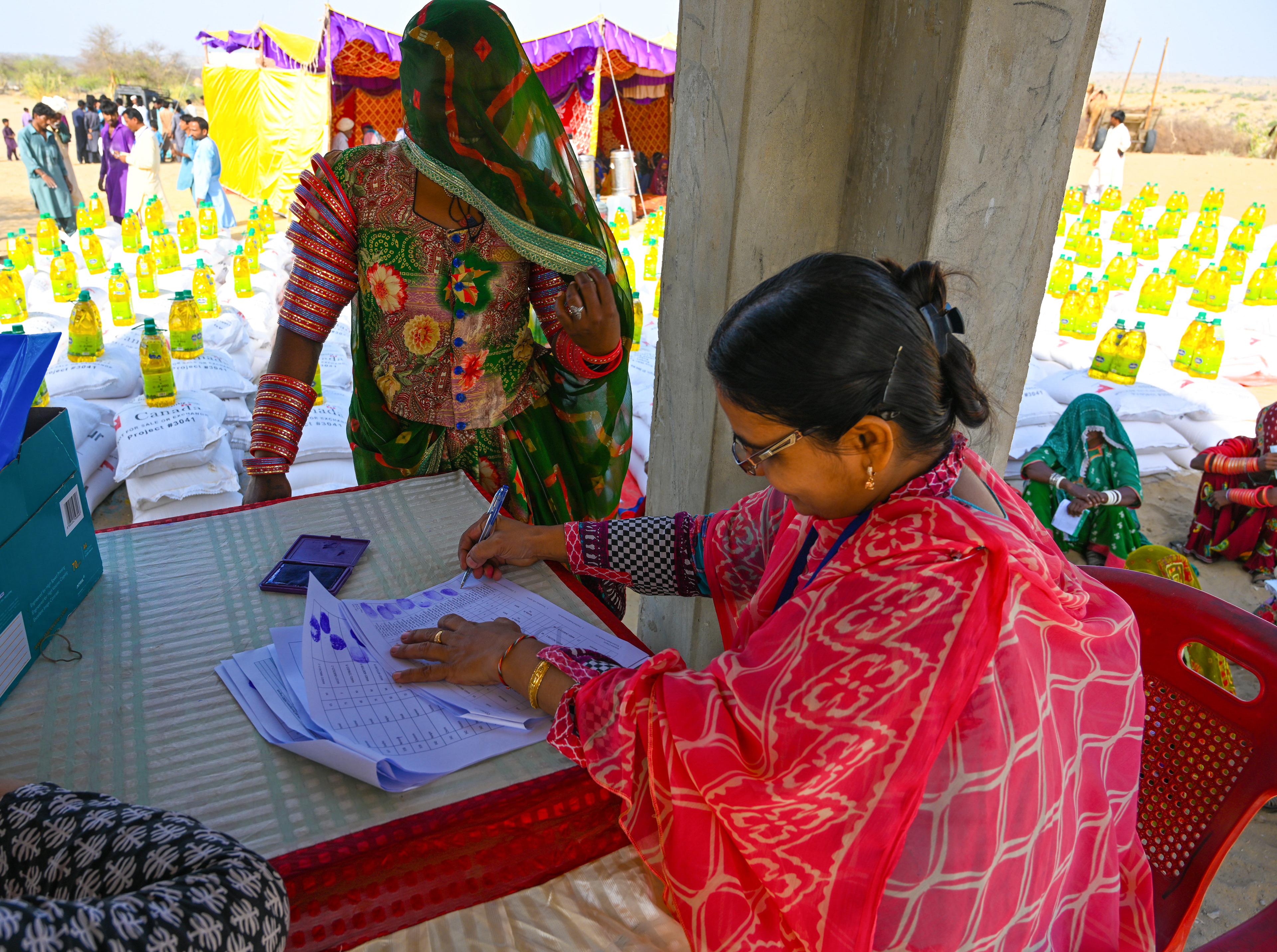
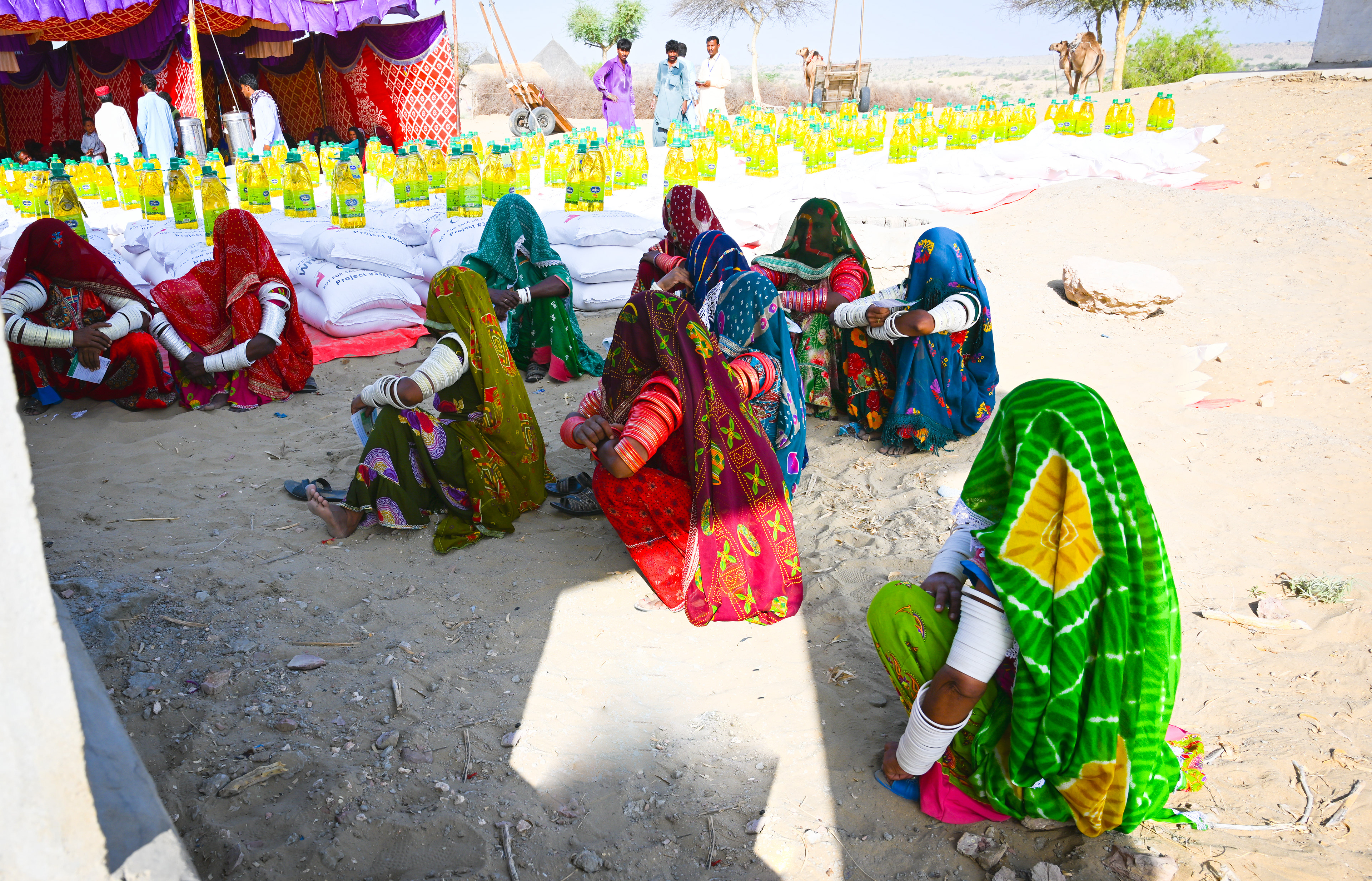
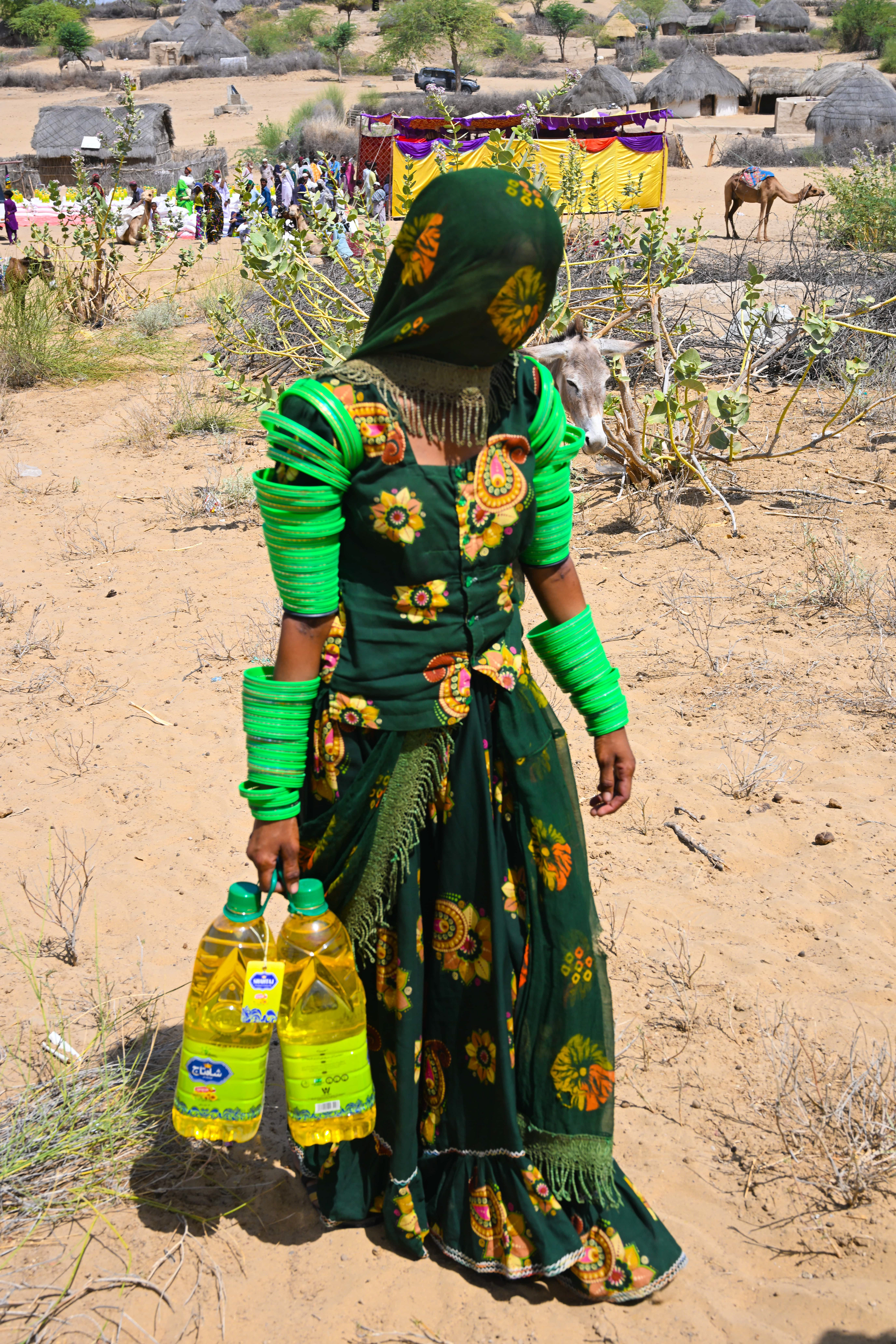
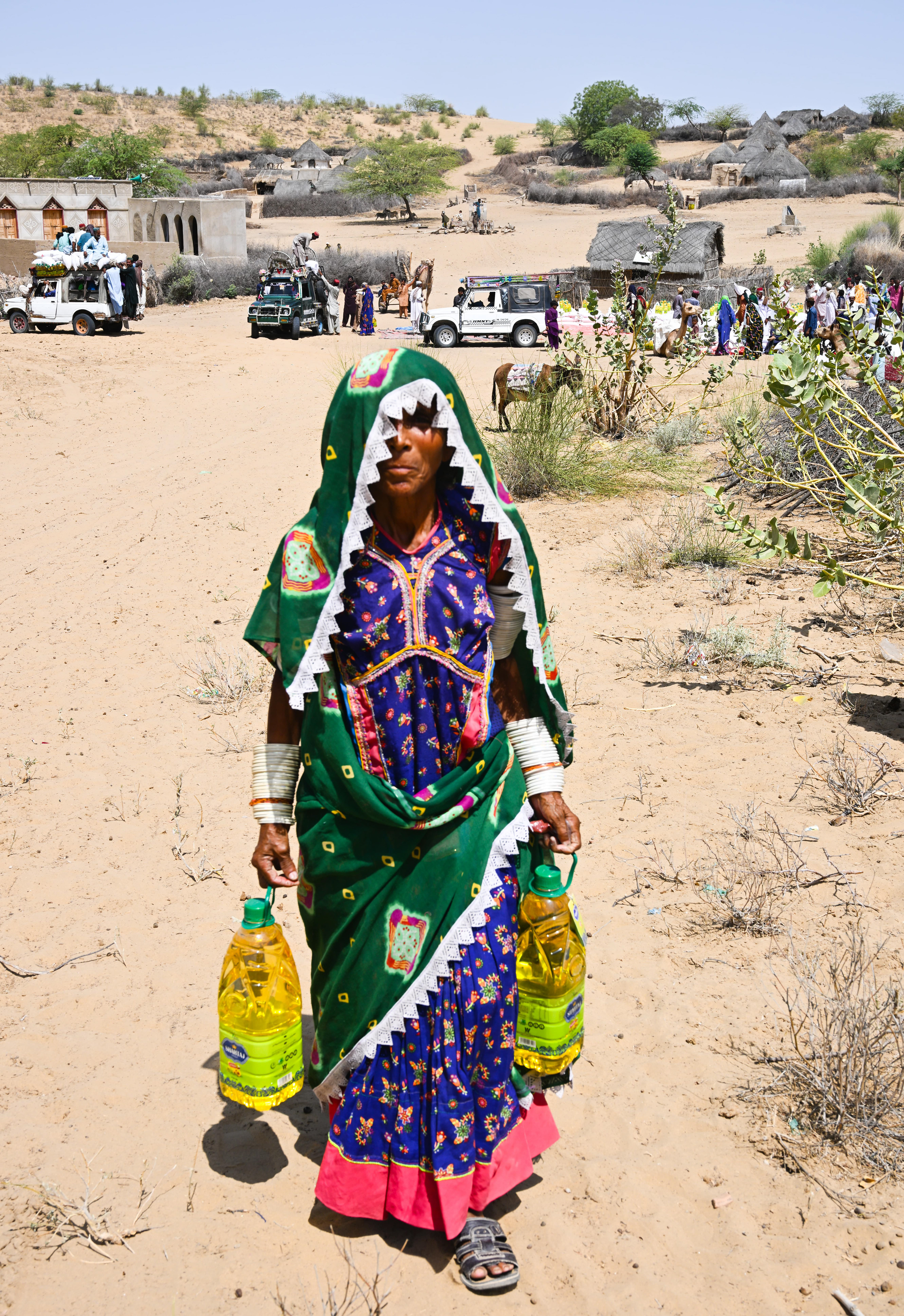
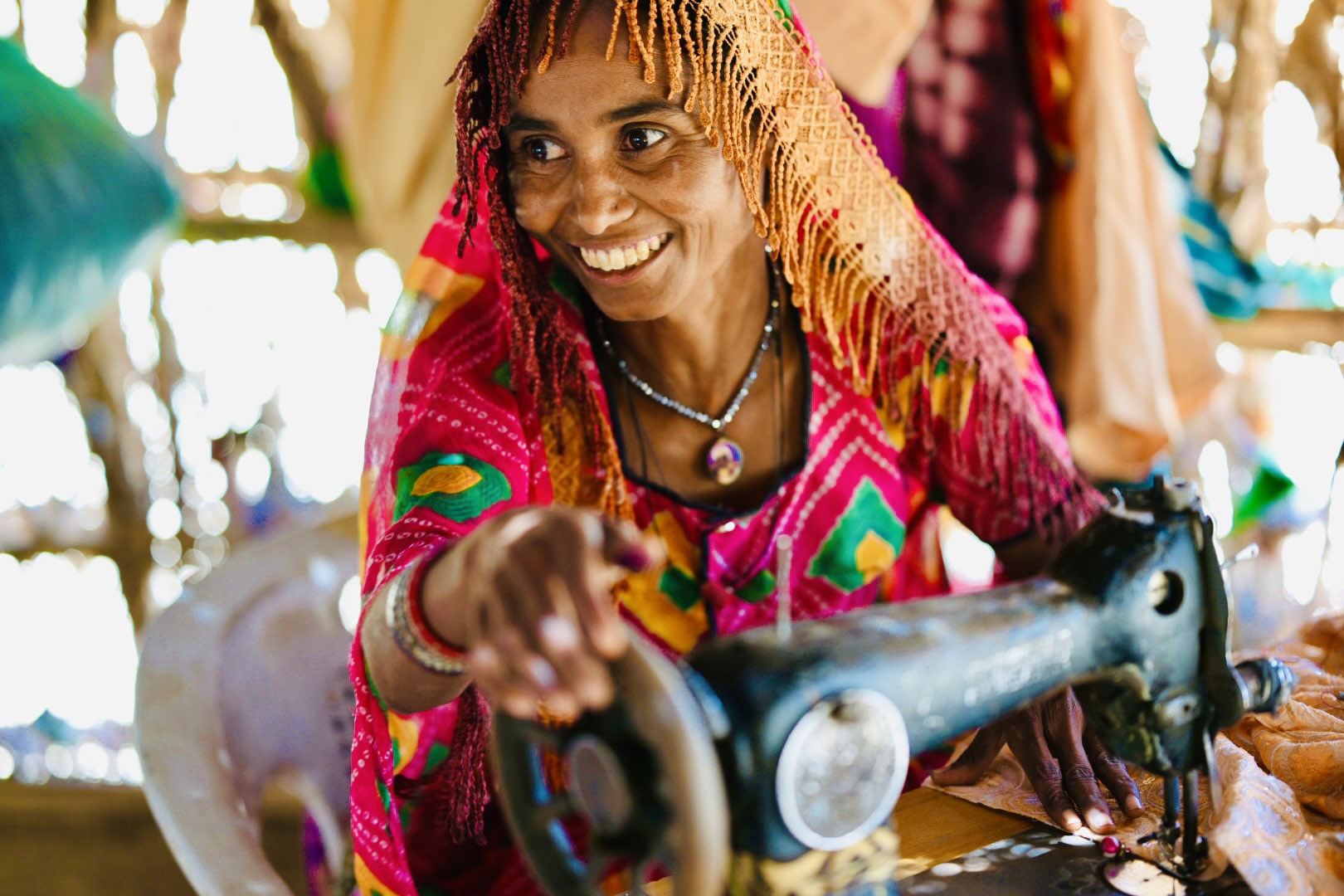
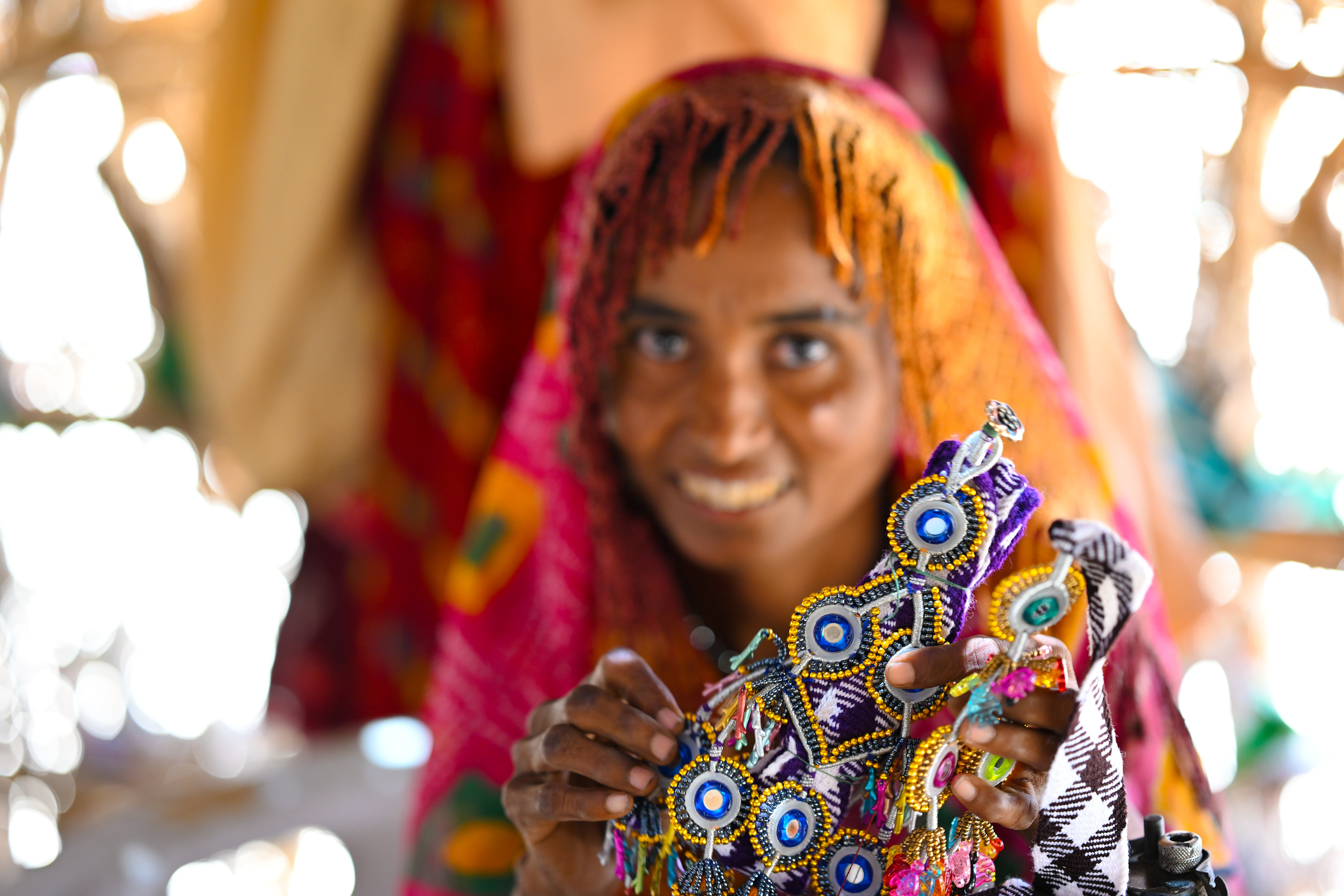
Rano from Village Haider Shah Bhiont Village, Sindh
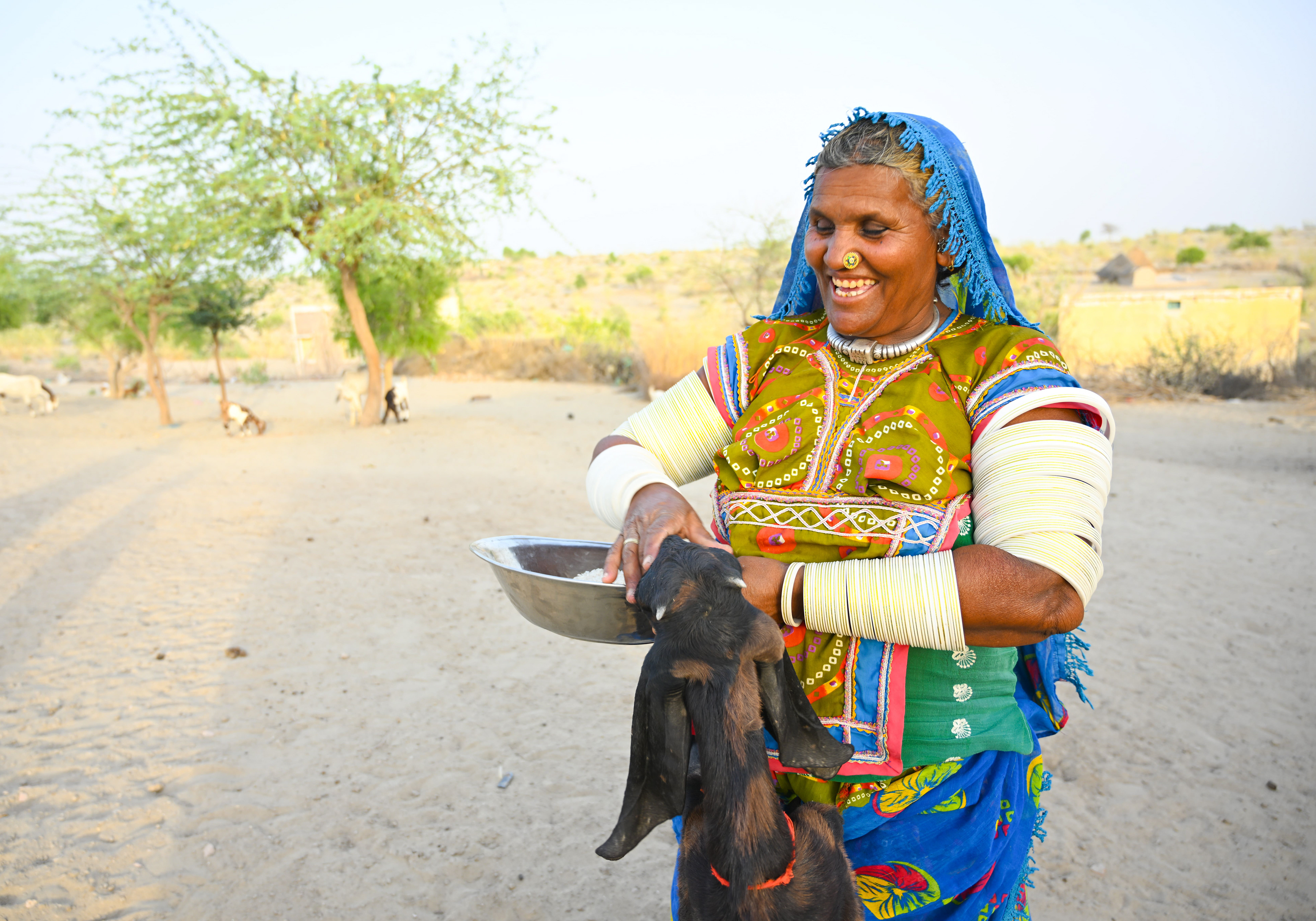
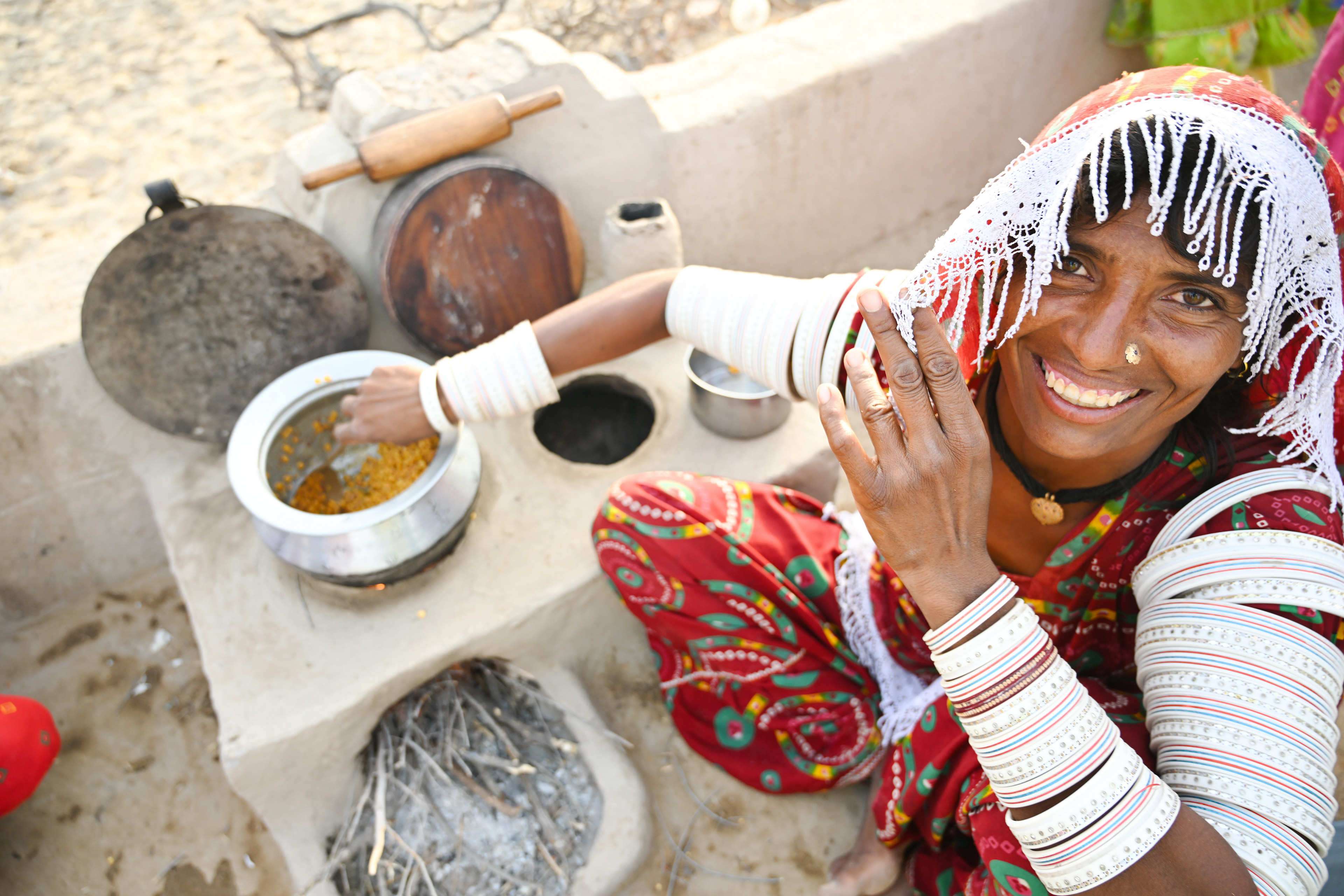
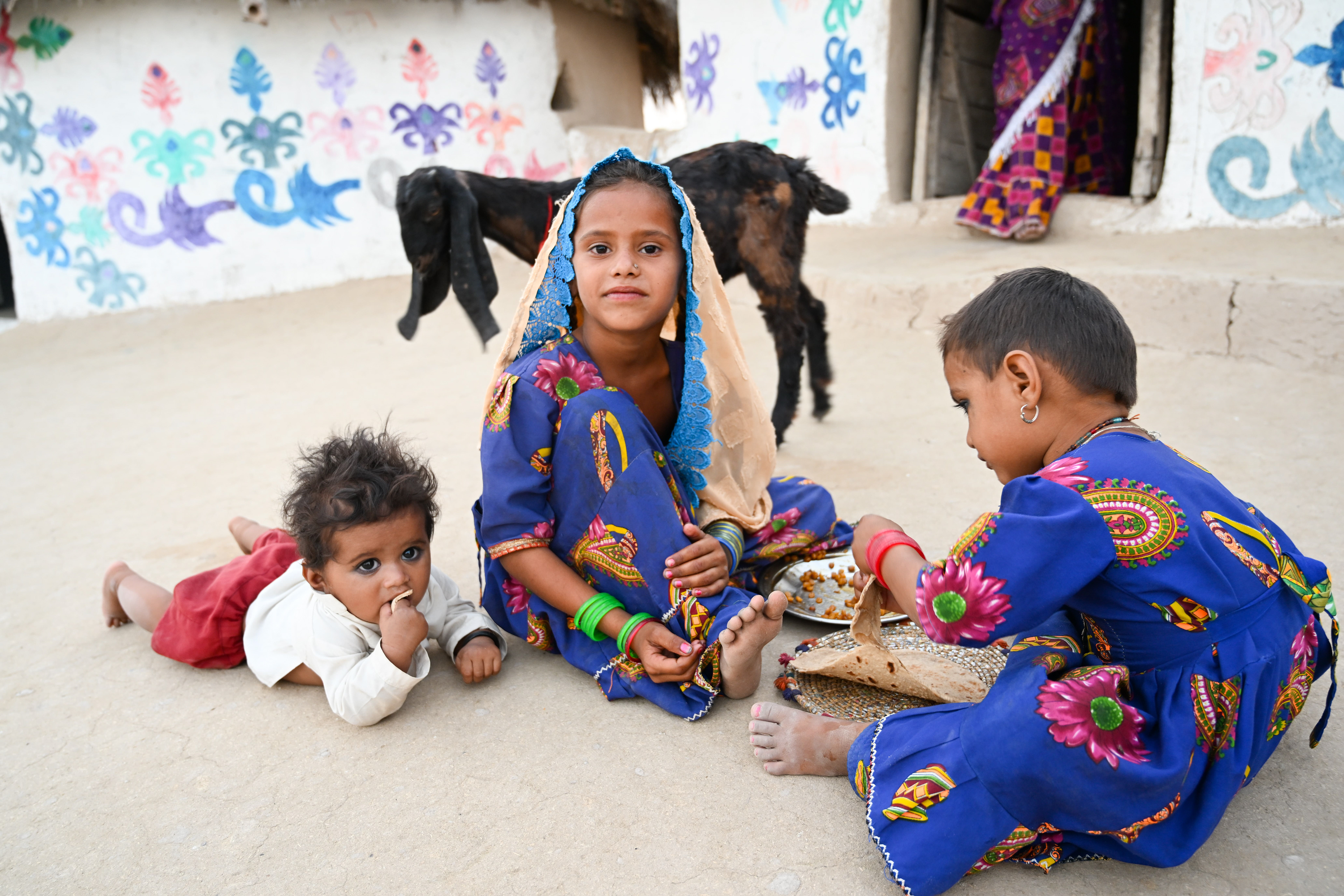
During my second visit after the floods, I captured these images in Chachro, in Tharparkar. The heavy rains have severely damaged the mud houses, causing significant destruction, yet they have also transformed the desert landscape into a lush, green oasis.
